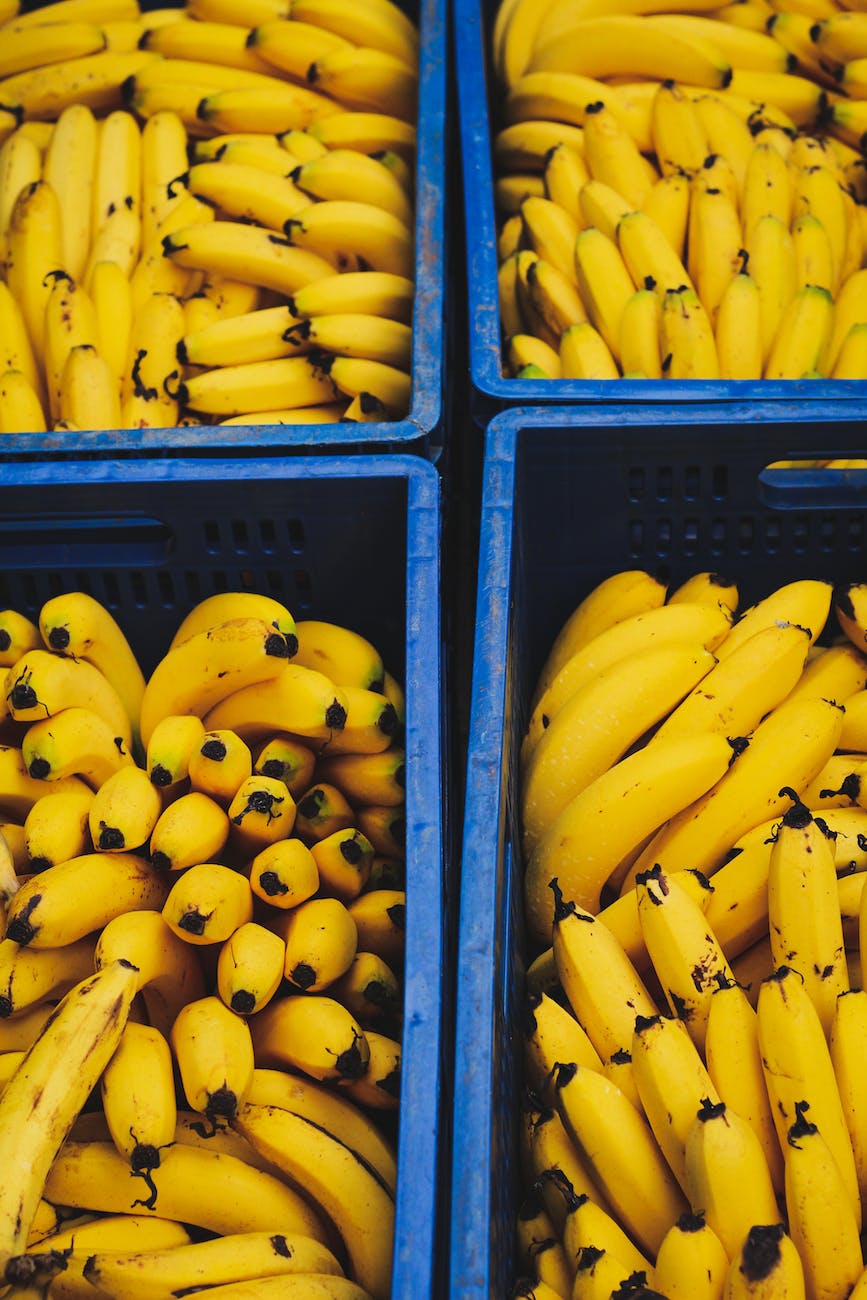The renal diet, also known as the kidney diet, is a specific dietary approach designed to help individuals with kidney disease or impaired kidney function manage their condition and prevent further damage to their kidneys. The diet aims to reduce the workload on the kidneys by controlling the intake of certain nutrients and minerals. Here are some foods and beverages that are typically advised to avoid on a renal diet:
1. High-Sodium Foods
Excess sodium can contribute to fluid retention and high blood pressure, both of which can be harmful to the kidneys. Avoid processed foods, canned soups, salty snacks, and fast food, as they tend to be high in sodium.
2. High-Potassium Foods
When the kidneys are not functioning well, they may struggle to regulate potassium levels in the body. Foods high in potassium, such as bananas, oranges, potatoes, tomatoes, spinach, and beans, should be limited.
3. High-Phosphorus Foods
Impaired kidneys may have difficulty excreting phosphorus, leading to elevated levels in the blood. Foods high in phosphorus, such as dairy products, nuts, seeds, whole grains, and cola drinks, should be limited.
4. High-Protein Foods
Protein breakdown produces waste products that the kidneys need to filter. Limiting protein intake, especially from animal sources like red meat, poultry, and fish, can help reduce the kidney’s workload. However, the exact protein restriction may vary based on the individual’s kidney function and medical history.
5. Foods with Added Sugars
Consuming excessive sugars can contribute to weight gain and related health issues, which can be detrimental to kidney health.
6. Foods High in Oxalates
For individuals with a history of calcium oxalate kidney stones, foods high in oxalates, such as spinach, beets, rhubarb, and chocolate, should be limited.
7. Alcohol
Excessive alcohol consumption can be harmful to the kidneys and may also interact negatively with medications used to manage kidney conditions.
8. Carbonated Beverages
Carbonated drinks can be high in phosphorus and added sugars, and they may also contribute to bone health issues due to their acidity.
9. Certain Supplements
Avoid supplements containing potassium, phosphorus, or other minerals unless prescribed by a healthcare professional.
Tomatoes and Bananas
I know, they are yummy and if you think about it, they sound like food that would be good for you, but tomatoes and bananas must be avoided.
Remember, the renal diet should be individualized based on a person’s specific kidney function, medical history, and nutritional needs. It is essential for individuals with kidney disease to work with a registered dietitian or healthcare provider to develop a personalized renal diet plan that supports their health and well-being while managing their kidney condition effectively.













+ There are no comments
Add yours